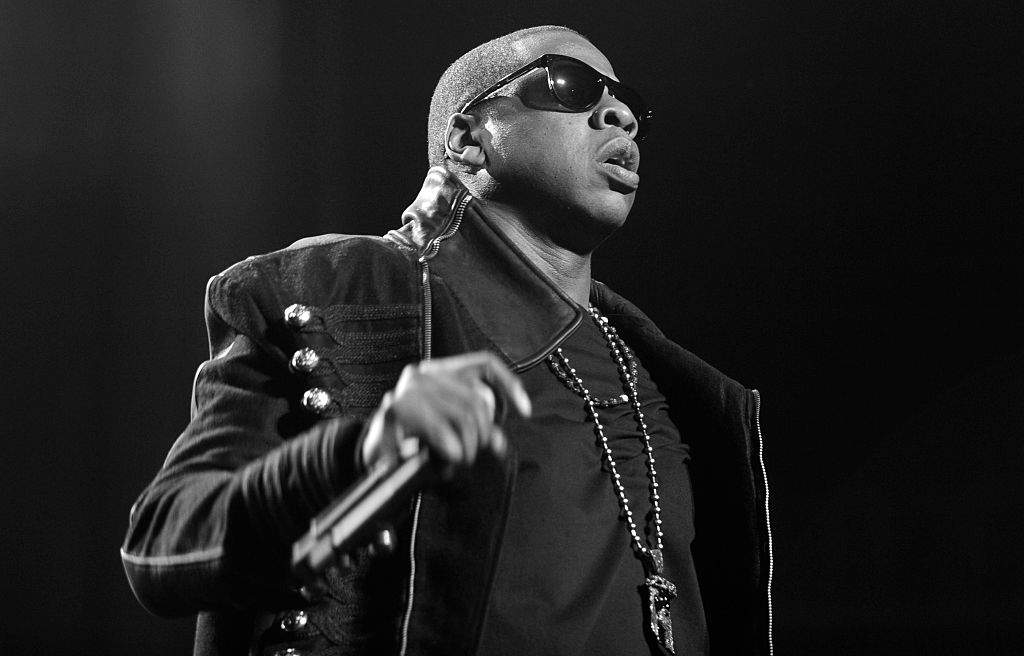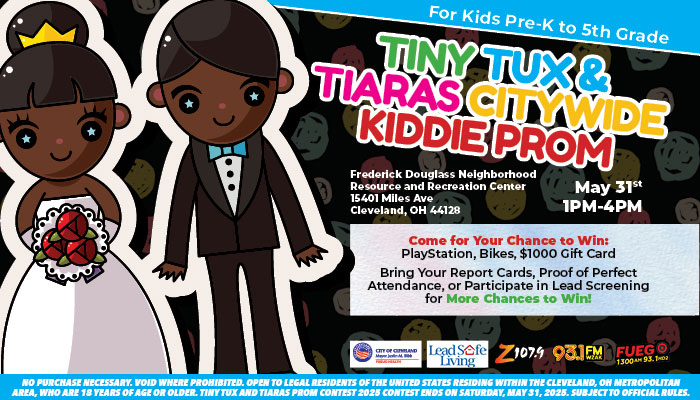How Jay-Z’s The Blueprint Became Linked to 9/11 History

On September 11, 2001, Jay-Z released The Blueprint, a record that many consider his defining masterpiece. The timing could not have been more surreal. As the country reeled from the deadliest terrorist attack in U.S. history, Hov’s voice hit the airwaves with unmatched confidence and precision.
The album’s release date was originally set later, but Roc-A-Fella moved it up to fight heavy bootlegging. That decision landed Jay’s music in stores the very morning tragedy struck. Even with a paralyzed nation, the project debuted at No. 1 on the Billboard 200 and sold over 427,000 copies its first week.
Produced largely by Kanye West, Just Blaze, and Bink, The Blueprint leaned on soulful samples and sharp lyricism. Tracks like “Takeover” and “Izzo (H.O.V.A.)” showcased Jay’s dominance, while more introspective cuts like “Song Cry” revealed vulnerability. In a moment of chaos and uncertainty, the balance of bravado and honesty connected even more powerfully.
For many fans, buying the album that morning became forever linked with memories of where they were during 9/11. The music offered both escape and resilience. In hindsight, The Blueprint captured the end of an era—hip-hop standing tall as America entered a new, uncertain chapter.
Two decades later, its impact remains undeniable. The Blueprint isn’t just one of Jay-Z’s best albums—it’s a cultural artifact tied to one of history’s darkest days, proof of how music can cut through even the heaviest silence.
Jay-Z Denies Paternity Allegations, Says Judge Should Dismiss the Case
Commemorate 9/11 With The Best Films Honoring The Tragic Events That Took Place
How Jay-Z’s The Blueprint Became Linked to 9/11 History was originally published on wzakcleveland.com















